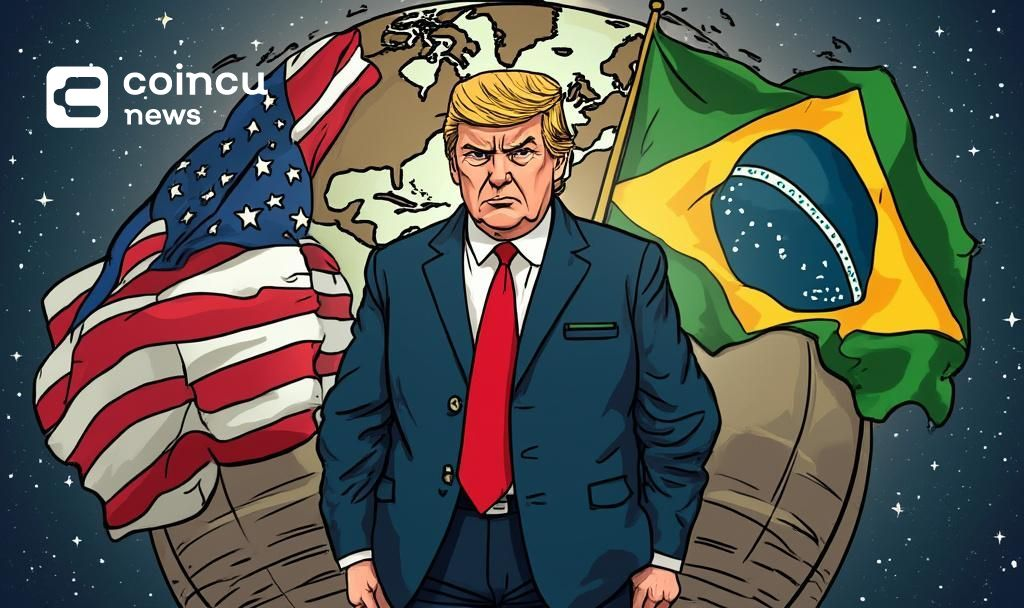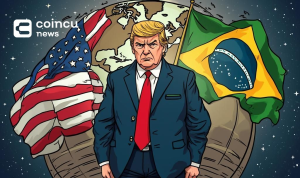$107950.886
At CoinCu News, we give both basic and in-depth articles on the latest news in the cryptocurrency and blockchain sectors.
John Kojo Kumi is a cryptocurrency researcher and writer specializing in emerging startups, tokenomics, and market dynamics within the blockchain ecosystem. With years of experience in crypto journalism and blockchain research, he provides in-depth coverage of decentralized finance (DeFi), NFTs, and Web3 innovations.
He holds a Bachelor of Arts in Geography and Rural Development from Kwame Nkrumah University of Science and Technology, Kumasi, bringing a multidisciplinary perspective to the evolving digital asset space. As a Crypto News Writer, he tracks and reports on industry trends, while his role as a Registrar at the Commission on Human Rights and Administrative Justice reflects his commitment to governance and transparency.
His expertise spans content strategy, SEO optimization, and technical research, enabling him to craft insightful, data-driven analyses. Passionate about blockchain’s transformative potential, he strives to equip readers with the knowledge to navigate the complexities of digital assets and decentralized technologies.
News
Ancient Bitcoin Whale’s Massive $8 Billion Transfer Sparks Speculation
Bitcoin whale's $8 billion+ transfer raises speculation over possible private key theft. Experts analyze the
Jul
Trump Signs Misnamed ‘Beautiful Bill’ Amid Controversy
President Trump signs the 'Beautiful Bill,' cutting federal aid and increasing debt, causing diverse reactions.
Jul
Trump Signs Major Tax and Spending Bill into Law
President Trump enacts a significant tax and spending bill amid mixed political reactions.
Jul
Blockchain Alert: Sui and Aptos Address Compatibility Warning
Sui and Aptos addresses pose risk: incompatible and may cause fund loss. Experts caution users.
Jul
Gemini Introduces Tokenized Stocks to European Investors
Gemini launches tokenized stocks for EU users, extending TradFi and DeFi convergence.
Jul
Huang Tianwei Released on Bail Amid AEX Crisis Standoff
Huang Tianwei, founder of collapsed AEX platform, released on bail in Thailand; funds remain inaccessible
Jul
Binance Appoints Gillian Lynch Head of EU Operations
Binance names Gillian Lynch as Head of EU and UK operations, emphasizing compliance and strategic
Jul
Impossible Cloud Network Secures €28.8M Funding, Unveils Token Launch
Impossible Cloud Network raises €28.8M, achieving €398M valuation. Discover their strategic goals and $ICNT token
Jul
Binance Launches BULLA and IDOL Perpetual Contracts
Binance introduces BULLA and IDOL perpetual contracts with up to 50x leverage on July 4.
Jul
[tptn_list how_old="7" limit="5" title_length="0" heading="0" show_date="0" ]
[tptn_list how_old="30" limit="5" title_length="0" heading="0" show_date="0" ]






















